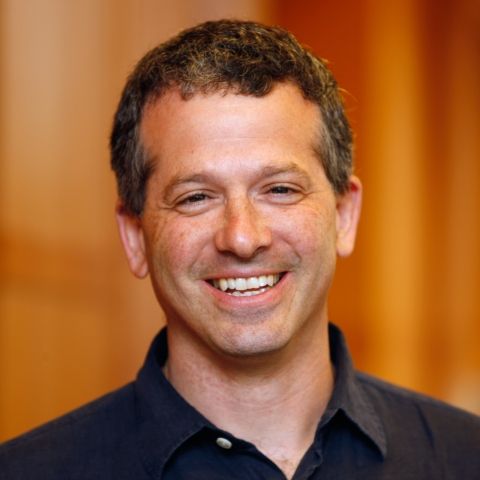
Is a Progressive City Possible? Reviving Urban Liberalism for the Twenty-First Century
This Essay highlights the challenges faced by policymakers at a time when the concept of the “progressive city” seems almost an oxymoron. The conventional wisdom holds that cities have little capacity to ameliorate economic inequality and other social ills and should instead focus on competing for and attracting rich, mobile residents and firms. This Essay urges resistance to this conventional wisdom, arguing for a less consumerist and more egalitarian approach to city policy. The Essay describes local efforts to improve workers’ welfare and suggests ways that progressive policymakers can address economic and social inequality despite local resource limits. It concludes by describing the political and structural impediments to a renewed urban liberalism.